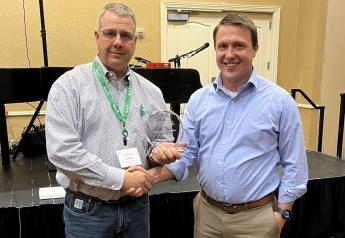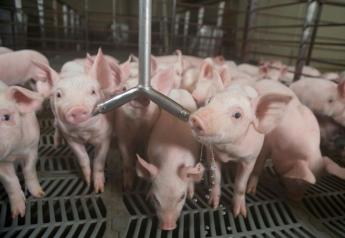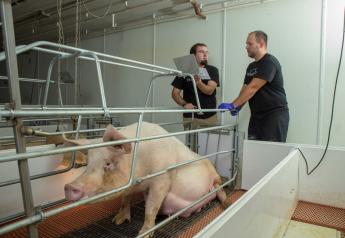NPPC: Government Should Do More to Rein in Costly Regulations

America’s pork producers, currently facing declining incomes, a growing labor shortage and market volatility caused by trade disputes, don’t also need to contend with red tape and unfunded mandates from Washington, the National Pork Producers Council testified this week at a congressional hearing on the impacts of regulations on small businesses and farmers.
“Regulations add to the cost of doing business. And right now, the pork industry certainly doesn’t need more costs,” NPPC Past President John Weber, a pork producer from Dysart, Iowa, told the House Committee on Small Business Subcommittee on Agriculture, Energy, and Trade. “Because of trade disputes with China and Mexico and the tariffs they’ve put on U.S. pork, hog farmers could lose $2 billion this year.”
The U.S. pork industry has had to contend with several ill-conceived, burdensome and potentially costly regulations over the past 10 years, including ones related to the buying and selling of livestock, labeling meat, trucking, air emissions, clean water, antibiotics use and organic livestock production.
“Many of the rules we’ve seen coming out of Washington have had harmful unintended consequences, including stifling innovation and impeding the inherent motivation of farmers and small business people to get better and more efficient at what they do,” said Weber.
The Trump administration and Congress have done a good job of beginning to reign in the red tape from Washington – NPPC’s written testimony mentions the White House rescinding several burdensome rules and directing agencies to eliminate two existing regulations for each new one proposed – but “more needs to be done,” Weber told the small business panel.
NPPC is urging Congress to take steps to ease the federal regulatory burden, including updating the Administrative Procedures Act, which governs the rulemaking process; increasing public participation in developing regulations; and requiring congressional approval for all major regulations – those with an economic impact of $100 million or more.
“Certainly, there must be rules,” said Weber, “but eliminating expensive, confusing and time-consuming regulations and making sure the ones that are necessary aren’t too burdensome will go a long way to ensuring that farmers like me can continue to produce the safest, most abundant food supply in the world.”







